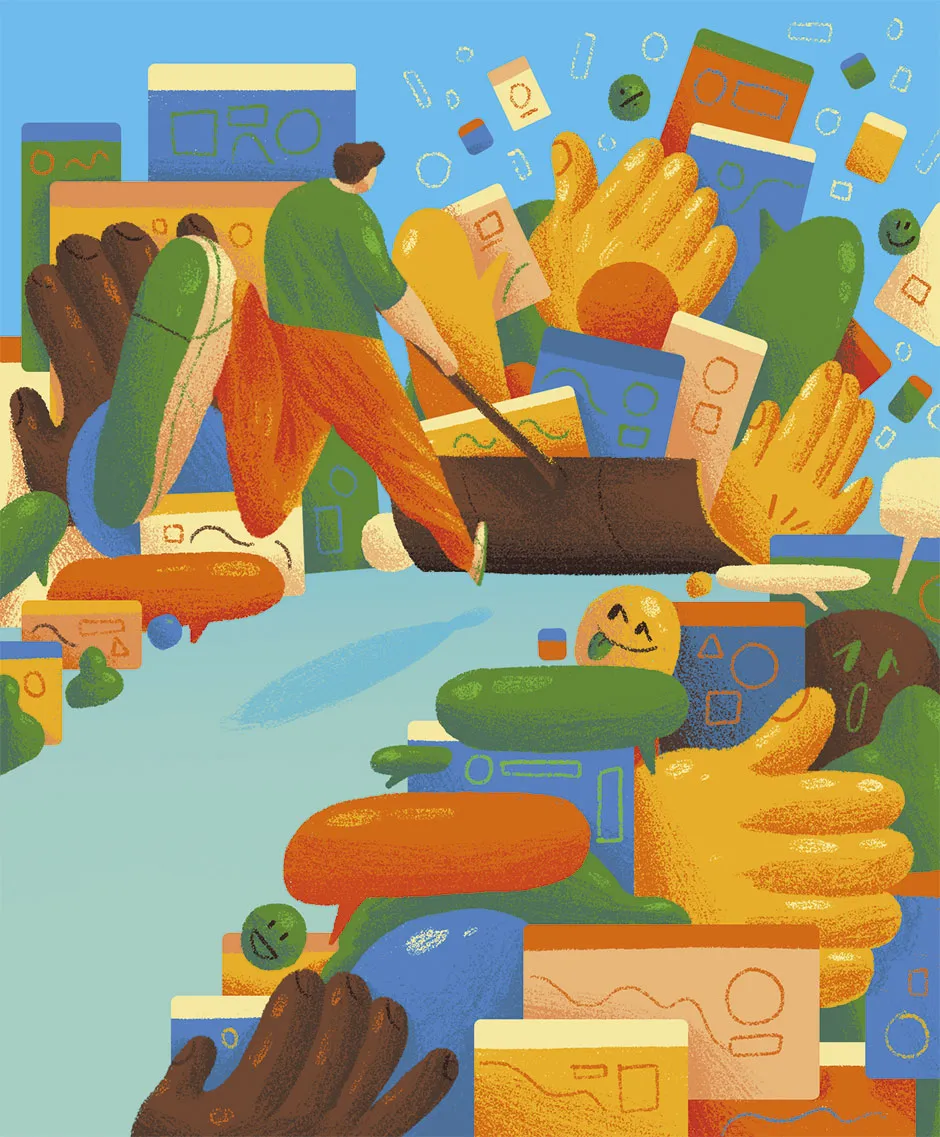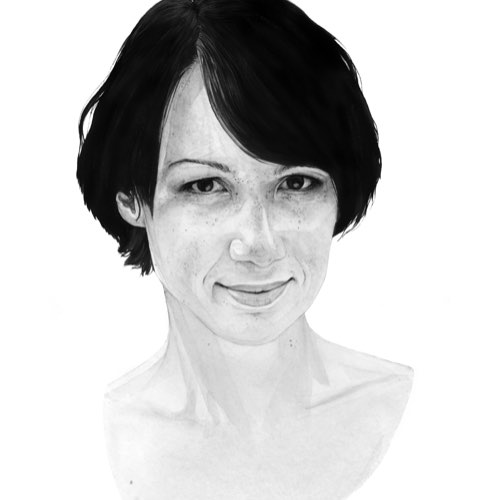Since the Czech playwright Karel Čapek invented the word ‘robot’ 100 years ago, we’ve been anticipating machines taking over our lives. That’s now happened.
Our functional lives are ruled by machines, whether it’s the card readers we use to pay for our food or the microwaves we use to heat it. But after 2020’s lockdowns, machines became the intermediaries in our emotional lives too – allowing us to see and speak to family, friends and colleagues via Zoom, FaceTime and similar apps.
Given the ubiquity of machines, it’s no surprise there are concerns that our actions, and increasingly our thoughts, are at the mercy of algorithms. To avoid this we have to evolve our relationship with machines, and the next 12 months gives us a chance to do that in two important ways.
“First, we must develop ways to survive in the artificial emotional environment we’re in. When we become conscious of the fact that we’re part machine and part organic entity, we become aware that it’s possible to be emotionally manipulated by a machine.”

That last paragraph was written by an artificial intelligence. AIs are evolving at such a rate that, with the click of a mouse, they can spin up 1,000 websites, a Facebook page and a YouTube channel, and populate them with videos and posts that justify and reinforce a message that someone wants you to believe. It could be about the health benefits of wearing masks, or it could be about QAnon.
It’s our job to look at what we’re consuming online and determine whether it’s using our words to mimic us and spread misinformation. We have the tool to do this; we learned it at school. It’s critical thinking and it’s more robust than anything a computer can come up with.
The second way is to find and populate spaces that welcome a diversity of voices. Some believe the internet has made this harder – ironic, given its original intention. Yet such spaces are there to be found.
Read more from Aleks Krotoski:
- The internet has banished the night - but we need it back
- "We are hungry for face-to-face contact. Psychology has shown that virtual contact is just as good... or even better"
We live among intelligent technology that thinks it knows what we want and gives it to us. The outcome, as Eli Pariser wrote in his book The Filter Bubble, is the soma we need to fill our psychological happy places with stuff that confirms our beliefs instead of challenging them.
Too much of our technology builds walls, instead of bridges. Yet growing quietly are sites that have been designed to inspire visitors to leave their ideologies at the door. Not unlike parks, libraries or city streets, they encourage diversity because no one owns them, yet people want to be in them. Pariser’s Civic Signals project is one.
We need to give these projects the audiences they need. 2020 made the internet more mundane than ever. But 2021 gives us the chance to change that by taking responsibility for our digital future.
- This article first appeared inissue 358ofBBC Science Focus Magazine–find out how to subscribe here
